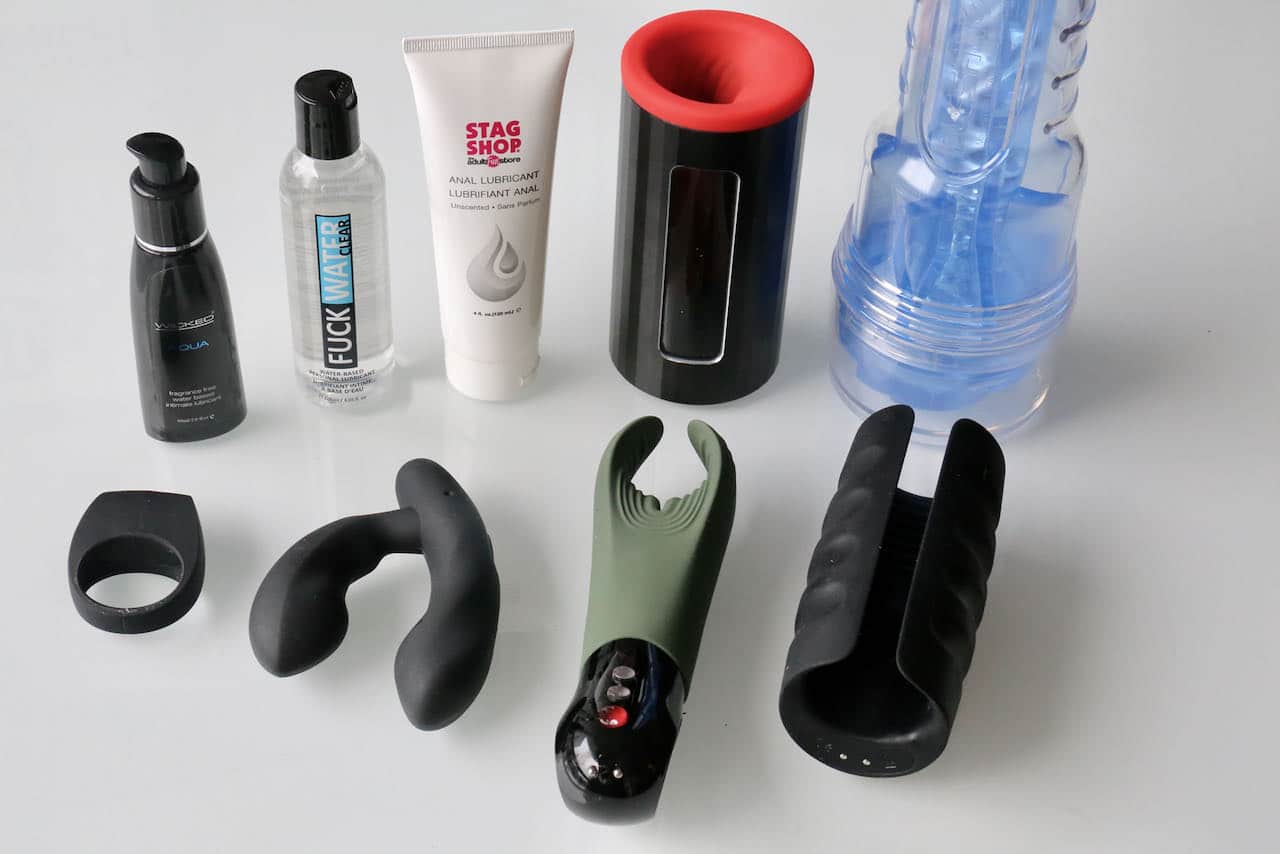Introduction
Living with a chronic illness can present a multitude of challenges, and among them is the impact on sexual wellness. The physical and emotional toll of chronic conditions often affects intimate relationships. In this article, we explore strategies for individuals and couples to navigate the complexities of sexual wellness while managing chronic illnesses, fostering understanding, and maintaining a fulfilling connection.
Open Communication:
The foundation of navigating sexual wellness with a chronic illness is open and honest communication. Discussing feelings, concerns, and desires is crucial to understanding each other’s needs and finding ways to navigate intimacy together.
Educate Yourselves:
Learning about the specific effects of the chronic illness on sexual function is empowering. Consult healthcare professionals, read reputable sources, and attend support groups if available. Understanding the physical aspects of the condition helps individuals and partners manage expectations and explore adaptive strategies.
Explore New Intimacy Avenues:
Chronic illnesses may necessitate exploring different avenues for intimacy. This could involve non-genital forms of physical affection, such as cuddling or massage, or exploring emotional intimacy through increased communication and shared experiences.
Manage Pain and Fatigue:
Pain and fatigue associated with chronic illness can significantly impact sexual wellness. Prioritize effective pain management strategies and find optimal times for intimacy when energy levels are higher. Experimenting with different positions and incorporating tools or aids can enhance comfort.
Seek Professional Guidance:
Consulting with healthcare professionals, including specialists and sex therapists, can provide valuable insights and personalized advice. Sex therapists, in particular, specialize in addressing sexual concerns and can offer guidance on navigating intimacy with a chronic illness.
Mindfulness and Relaxation Techniques:
Incorporate mindfulness and relaxation techniques to manage stress and anxiety associated with chronic illness. Practices such as deep breathing, meditation, or yoga can contribute to a more relaxed state, positively impacting both emotional and physical well-being.
Adaptive Devices and Tools:
Explore the use of adaptive devices and tools designed to facilitate intimacy for individuals with physical limitations. These aids can help overcome challenges and enhance the overall experience, promoting a sense of connection between partners.
Prioritize Emotional Connection:
Emphasize the emotional connection between partners. Strengthening the emotional bond can compensate for physical challenges and contribute to a more satisfying intimate relationship. Engaging in shared activities and expressing affection outside the bedroom reinforces emotional closeness.
Be Patient and Flexible:
Living with a chronic illness requires both partners to be patient and adaptable. Understand that there might be fluctuations in sexual desire or physical capability. Maintaining flexibility and being patient with each other’s needs contribute to a resilient and supportive relationship.
Engage in Self-Care:
Individuals managing chronic illnesses should prioritize self-care. This includes attending to physical health, managing stress, and seeking emotional support. Taking care of oneself contributes to overall well-being, positively impacting both individual and shared experiences of intimacy.
Conclusion
Navigating sexual wellness in the context of chronic illness requires a thoughtful and collaborative approach. By fostering open communication, seeking professional guidance, and exploring adaptive strategies, individuals and couples can overcome challenges and maintain a fulfilling and intimate connection. The key is to approach the journey with empathy, patience, and a shared commitment to nurturing intimacy in the face of chronic health conditions.



















